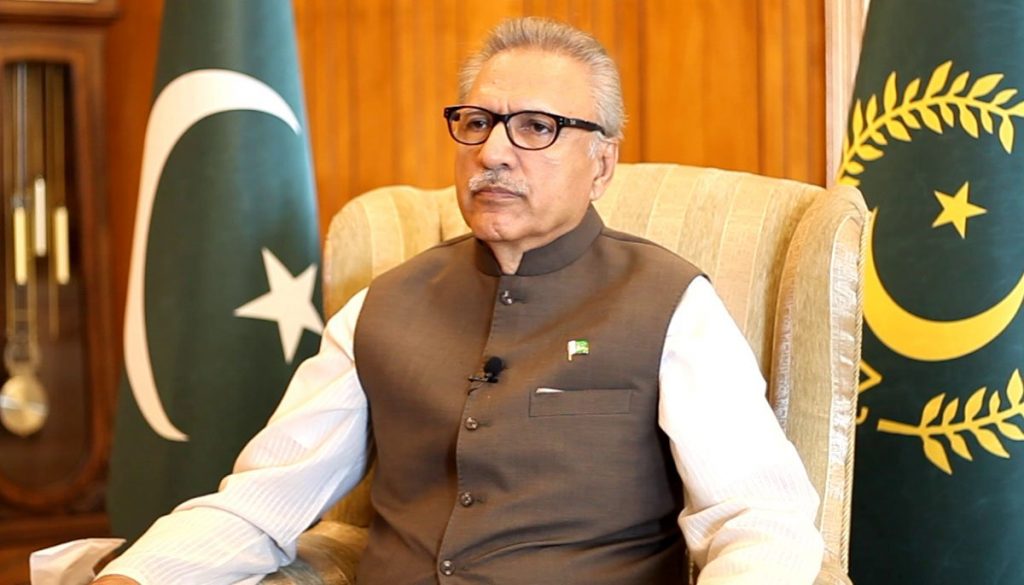President Dr Arif Alvi on Tuesday approved Anti-Rape Ordinance 2020, under which special courts will be set up across the country to expedite trials of rape cases on a priority basis and award harsher sentences, such as chemical castration.
The special courts will dispose of the rape cases within four months, as per the ordinance that also abolishes the ‘two fingers’ virginity test in the rape cases.
The ordinance also suggests setting up of anti-rape crisis cells under the supervision of the prime minister, which will be authorised to conduct medico-legal examination within six hours of the incident.
A record will be prepared at the national level with help of National Database and Registration Authority (NADRA) to register the perpetrators of sexual abuse. The ordinance prohibits revealing of the identity of rape victims, making it a punishable offence.
Police and government officials who show negligence in investigating the cases would be jailed for three years along with the imposition of fines. Additionally, police and government officials who provide false information would also be punished.
On Nov 7, the Cabinet Committee for Disposal of Legislative Cases had approved two ordinances to introduce harsher punishments, including chemical castration, for sex offenders.
According to a statement issued by the law ministry at the time, the Anti-Rape (Investigation and Trial) Ordinance, 2020 and the Criminal Law (Amendment) Ordinance, 2020 would introduce the concept of chemical castration mainly as a “form of rehabilitation”.
Responding to the new ordinances after their approval by the cabinet in November, PPP Senator Sherry Rehman had expressed her displeasure over lowering the statutory age for rape to 13 from 16.
“The age of alleged ‘consent’ has been moved to 13 from 16 in the new ordinance, which is terrible,” commented the lawmaker. “How will an adolescent be responsible for ‘consent’. This makes younger children even more vulnerable.”







